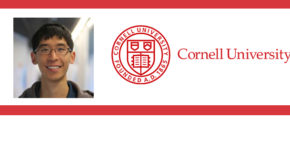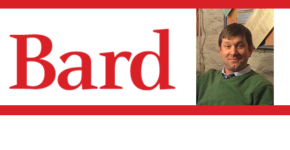Category: Technology
-
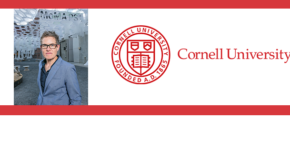
Jenny Sabin, Cornell University – AI Architecture Driven by Humans, Powered by AI
On Cornell University’s Impacts of A.I. Week: How humans interact with artificial intelligence may take many forms. Jenny Sabin, Arthur L. and Isabel B. Wiesenberger Professor in Architecture & Inaugural Chair of Design Tech, details a piece of architecture that humans and A.I. can help influence. Jenny E. Sabin is an architectural designer whose work…
-
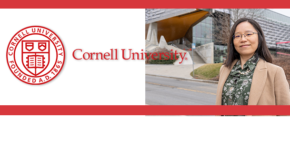
Qian Yang, Cornell University – AI Tool Gains Doctors’ Trust by Giving Advice Like a Colleague
On Cornell University’s Impacts of A.I. Week: Getting people to trust A.I. can be a tricky process. Qian Yang, assistant professor in information science, examines how doctors became comfortable with using the technology. Qian Yang is an assistant professor in Information Science at Cornell University and Human-Computer Interaction (HCI) researcher. Her research expertise is in…
-
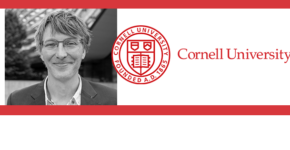
Malte Jung, Cornell University – Social Cost of AI in Social Interactions
On Cornell University’s Impacts of A.I. Week: Technology that guides how we respond in conversations may have some negative effects. Malte Jung, associate professor of information science, outlines them. Malte Jung is an Associate Professor of Information Science at Cornell University and the Nancy H. ’62 and Philip M. ’62 Young Sesquicentennial Faculty Fellow. He…
-
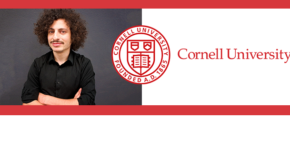
Farzin Lotfi-Jam, Cornell University – A Recursive History of Urban Simulation
On Cornell University’s Impacts of A.I. Week: How do we answer the many questions about the intersection of A.I. and humanity? Farzin Lotfi-Jam, assistant professor of architecture and director of Realtime Urbanism lab, invites us to engage with these questions. Farzin Lotfi-Jam is Assistant Professor in the department of Architecture at Cornell AAP where he…
-
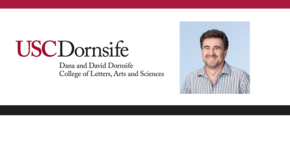
Vsevolod Seva Katritch, University of Southern California Dornsife – Computer Modeling and A.I. Transform Drug Discovery
On USC Dornsife Week: Can A.I. cut the cost of making new drugs? Vsevolod Seva Katrich, associate professor of quantitative and computational biology and chemistry, takes a closer look. Dr. Katritch is an is a computational biologist and chemist at University of Southern California Dornsife, and a founding co-director of the Center for New Technologies…
-

Min Chen, Florida International University – Algorithms Detecting Strokes
On Florida International University Week: Can an algorithm save your life? Min Chen, The Endowed SunTrust Bank Professorship Holder & Associate Professor, Department of Information Systems and Business Analytics, explores how this might be the case. Dr. Min Chen’s research examines information technology innovations, healthcare analytics, and issues relevant to the economics, organization, and regulation…
-

Daniel Bagner, Florida International University – Telehealth Programs Benefit Young Children with Developmental Delay
On Florida International University Week: Telehealth has brought a new option to families who need it. Daniel Bagner, professor of psychology and director of clinical training, explores the benefit for those whose children need an extra hand. Dr. Daniel Bagner is a Professor of Psychology and Director of Clinical Training at Florida International University (FIU).…
-

Linda Charmaraman, Wellesley College – When It Comes to Teens and Screens, Pets Can Have Surprising Benefits
Pets can have many benefits, including some that are unseen. Linda Charmaraman, senior research scientist at the Wellesley Centers for Women at Wellesley College, details one. Linda Charmaraman, Ph.D., is a senior research scientist at the Wellesley Centers for Women at Wellesley College and director of the Youth, Media & Wellbeing Research Lab. Her research…

